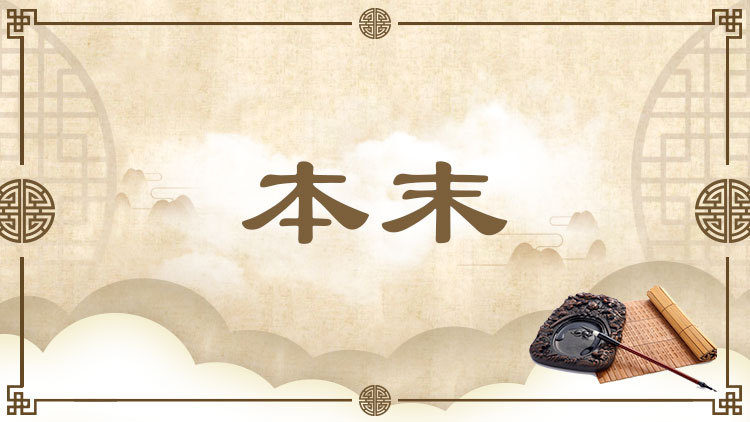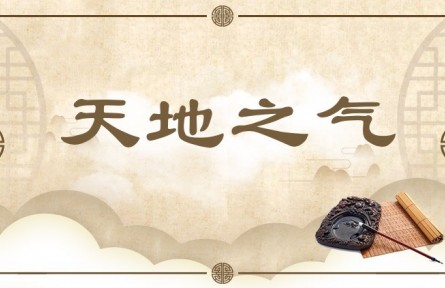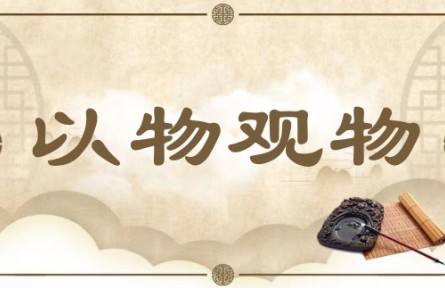本末
Ben and Mo (The Fundamental and the Incidental)

本义指草木的根和梢,引申而为中国哲学的重要概念。其含义可以概括为三个方面:其一,指具有不同价值和重要性的事物,根本的、主要的事物为“本”,非根本的、次要的事物为“末”;其二,世界的本体或本原为“本”,具体的事物或现象为“末”;其三,在道家的政治哲学中,无为之治下的自然状态为“本”,各种具体的道德、纲常为“末”。在“本末”对待的关系中,“本”具有根本性、主导性的作用和意义,“末”由“本”而生,依赖“本”而存在,但“本”的作用的发挥仍需以“末”为载体。二者既相互区别,又相互依赖。
The two characters literally mean the different parts of a plant, namely, its root and its foliage. The extended meaning is an important concept in Chinese philosophical discourse. The term can be understood in three different ways. 1) Ben (本) refers to what is fundamental or essential, while mo (末) means what is minor or incidental, two qualities that differ in value and importance. 2) Ben refers to the existence of the world in an ontological sense, while mo represents any specific thing or phenomenon. 3) In Daoist political philosophy ben is a state in which rule is exercised by not disrupting the natural order of the world, while mo refers to moral standards and fundamental principles governing social behavior. In any ben-mo relationship, ben is most important and plays a dominant role, while mo exists thanks to ben. On the other hand, it is through the vehicle of mo that ben exerts its influence. Thus the two, though different, are mutually dependent.
引例 Citations:
◎子夏之门人小子,当洒扫应对进退,则可矣,抑末也。本之则无,如之何?(《论语·子张》)
子夏的学生,叫他们做打扫、接待、应对的工作,那是可以的,不过这只是末节罢了。而那些最根本性的学问却没有学习,这怎么行呢?
Zixia's students can clean, receive guests, and engage in social interaction, but these are trivial things. They have not learned the fundamentals. How can this be sufficient? (The Analects)
◎崇本以举其末。(王弼《老子注》)
崇尚自然无为之本以统括道德礼法之末。
One should respect, not interfere with, the natural order of the world, and apply this principle when establishing moral standards, social norms, and laws and regulations. (Wang Bi: Annotations on Laozi)
推荐:教育部 国家语委
供稿:北京外国语大学 外语教学与研究出版社
责任编辑:钱耐安





